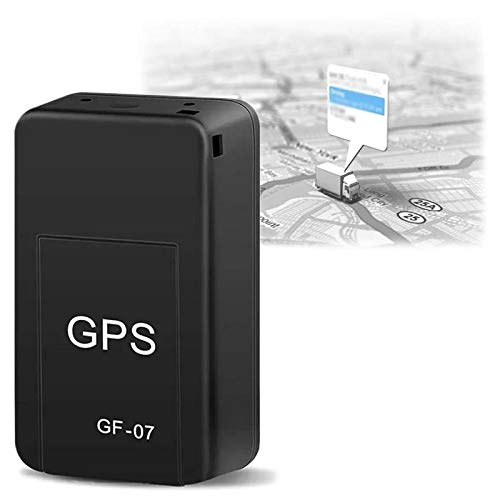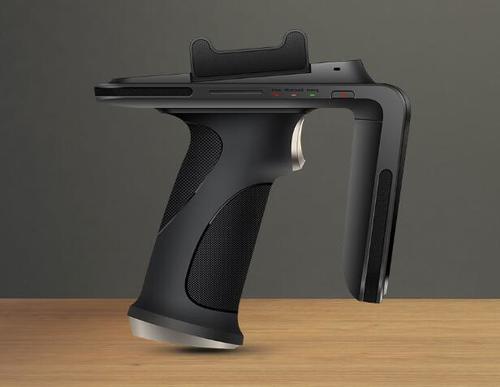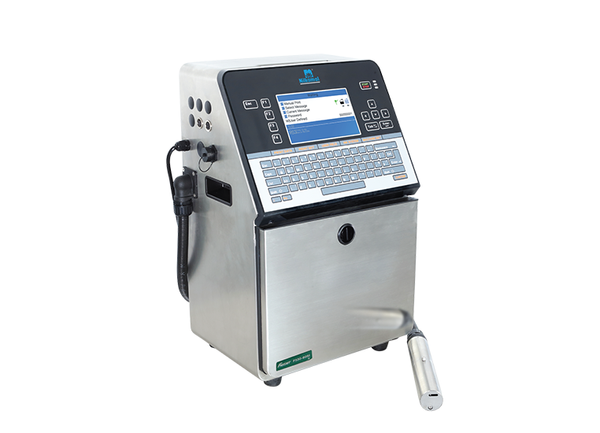A Perforated Cable Tray is a critical component of electrical infrastructure designed to route and support cables in various environments, from industrial facilities to data centers. Made from durable materials like steel, aluminum, or fiberglass, these trays come in multiple configurations, such as ladder, solid-bottom, and wire mesh, to accommodate different needs. Cable trays enhance safety, improve cable management, and allow for scalability, making them essential for modern electrical systems. They offer a cost-effective and flexible solution for organizing complex wiring while ensuring long-term durability and safety.
Benefits
- Efficient Cable Management: Organizes cables neatly, preventing tangling and improving accessibility for maintenance.
- Enhanced Safety: Reduces the risk of electrical hazards by keeping cables off the ground and away from machinery or equipment.
- Flexible and Scalable: Easily expandable and adaptable to changing electrical needs, allowing for future upgrades or additions.
- Durable and Long-lasting: Made from corrosion-resistant materials, ensuring longevity even in harsh environments.
- Cost-effective Installation: Provides a simpler, less labor-intensive alternative to conduit systems, reducing installation time and costs.
Features
- Variety of Materials: Available in steel, aluminum, or fiberglass, each offering different benefits such as corrosion resistance or lightweight construction.
- Multiple Configurations: Includes ladder-type, solid-bottom, or wire mesh designs to suit different cable routing needs and environments.
- Ventilation: Ladder and wire mesh types allow for better airflow around cables, preventing overheating and extending cable life.
- Load-bearing Capacity: Engineered to support heavy cable loads over long distances, ensuring stability and reliability in complex installations.
- Easy Installation: Can be quickly installed, modified, or expanded, offering flexibility in routing and layout.











Reviews
There are no reviews yet.